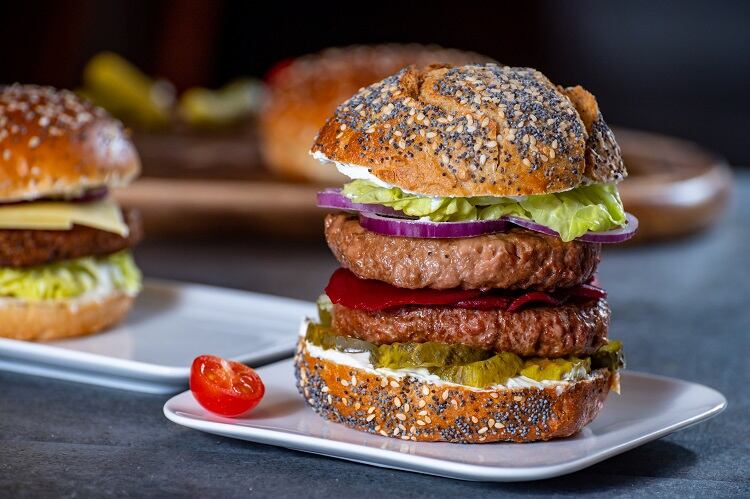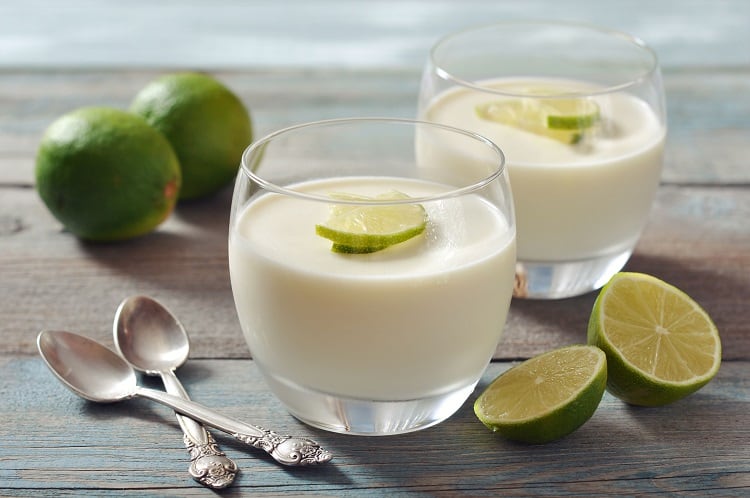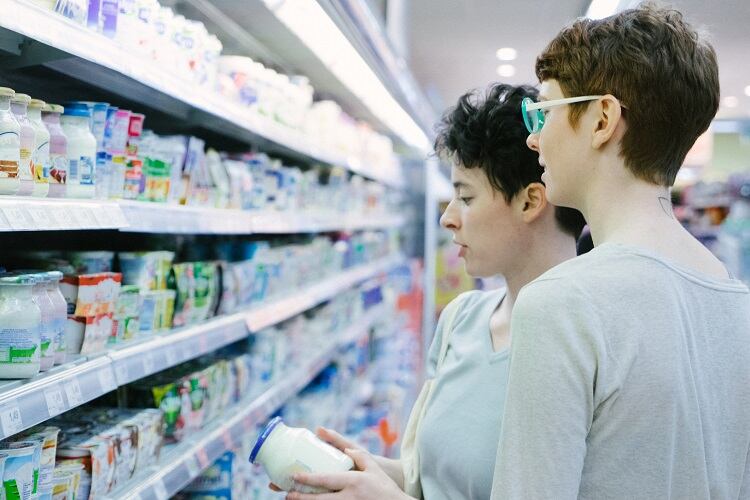The Vega SafePro line is made up of three cultures, which can be applied alone, or in combination to undergo fermentation, to help stem the growth of unwanted lactic acid bacteria strains, pathogens, yeast and moulds.
Applying food cultures to inhibit pathogens or reduce food waste is not new to Chr. Hansen, but the launch marks the first time its applications will serve the plant-based meat alternatives market.
Responding to demand for alt meat
“Our first activities on that go back to 2019,” explained Zdenek Cech, Business Development Manager for Plant Base Meat Alternatives at Chr. Hansen.
“We had been registering the interest from the market, from new start-ups to meat processors who wanted to join the plant-based journey as well. Their goal is to extend the shelf-life and leverage the food safety of final products.”
In helping meat analogue makers achieve this goal, the Danish ingredients supplier is also working to respond to global demand for foods supporting the ‘increasingly popular’ flexitarian lifestyle, said Cech.
“Flexitarians place a large emphasis on the consumption of plant-based foods, while incorporating meat and other products in moderation.”
According to Euromonitor’s Health and Nutrition Survey, 42% of global consumers reported avoiding certain animal-based products in 2021, and Cech believes Chr. Hansen’s new cultures will make it ‘even easier’ for shoppers to find options that ‘satisfy their cravings’, without asking them to ‘compromise’ their values.
‘Natural’, clean labels
Nutrition is one such value, suggested the business development manager.
“Plant-based meat alternatives tend to have high levels of sodium, due to the addition of buffered vinegars or different salts used for food preservation, such as sodium acetate or sodium lactate.”
Food cultures here offer a ‘great alternative’ that can also lead to lower sodium content in the final products, Cech told this publication. “We all know the impact of high sodium intake on blood pressure.”
Another is ‘natural’ ingredients. Chr. Hansen’s solutions will be listed as ‘food cultures’ on the ingredients lists of relevant meat analogue products, which range from pure plant-based to fermentation-derived offerings.
“The application of food cultures is suitable for a variety of types of products. It can be used for pure plant-based products made from soy, pea, etc., but also for other alternative proteins coming from precision fermentation or biomass fermentation such as mycoprotein,” Cech explained.
“Actually, we expect that hybrid products combining different alternative proteins may enter the market in the future.”
Vega expansion
The launch comes just under one year since Chr. Hansen introduced its Vega starter cultures, probiotics and bioprotective strains to plant-based yogurt – or ‘vegurt’ – makers.
“The initial launch of Vega products was intended for the application of dairy alternatives, like plant-based yogurts (vegurts). Those products are characterised by a pH of around 3.5-4.0,” explained Cech.
While the ingredients supplier’s most recent launch also comes under the Vega portfolio, its this specificity in acidity that sets it apart from the plant-based dairy space. “That [pH] is not desired for meat alternatives, since they would taste very acidic,” we were told.
“Therefore, we rely on different strains of lactic acid bacteria. But the working principle is basically the same. We inoculate the product with specific strains that propagate during the shelf life and outcompete the undesired bacteria that cause spoilage; or they even help to inhibit selected pathogens, with Listeria monocytogenes being our primary focus today.”
The new line is targeting the chilled product category. Concerning geographical demand, Chr. Hansen sees the US and western Europe as the ‘largest’ markets, said Cech.
“But we also see that the popularity of chilled products in China has been growing, because the consumer considers chilled products as fresher.”




